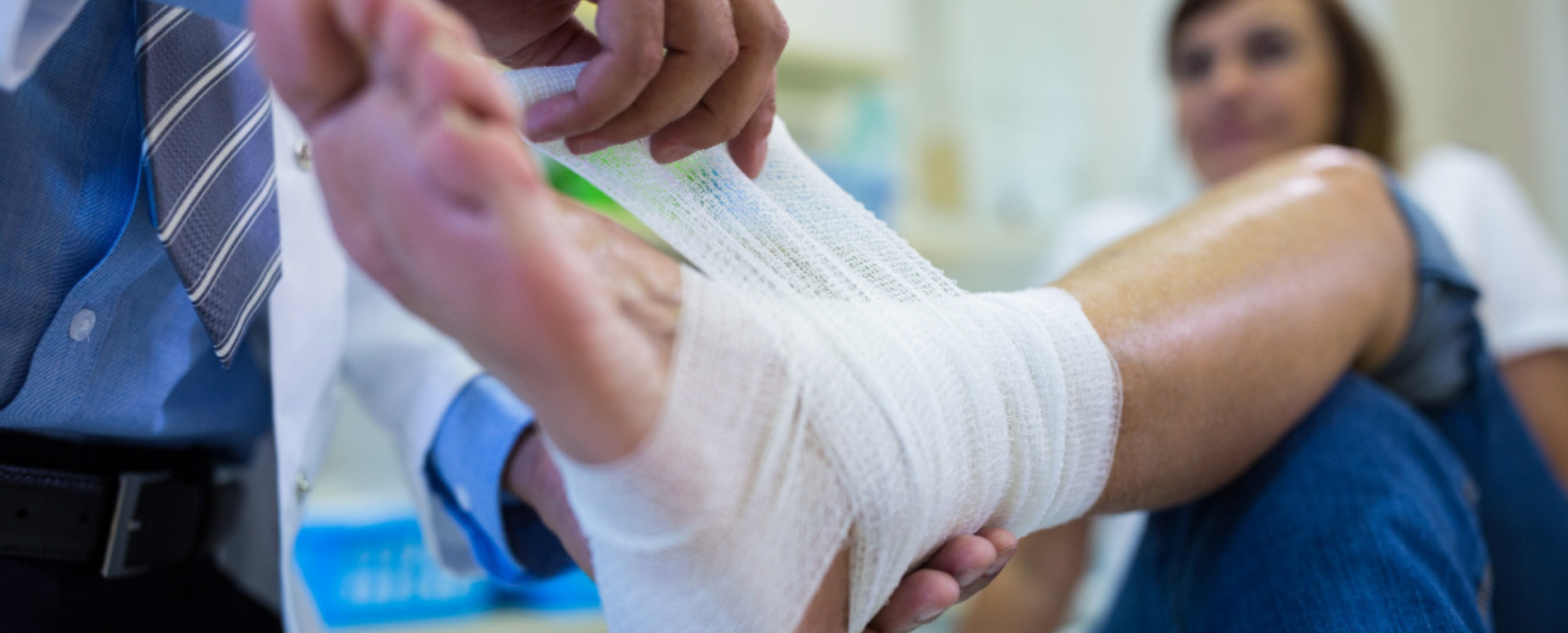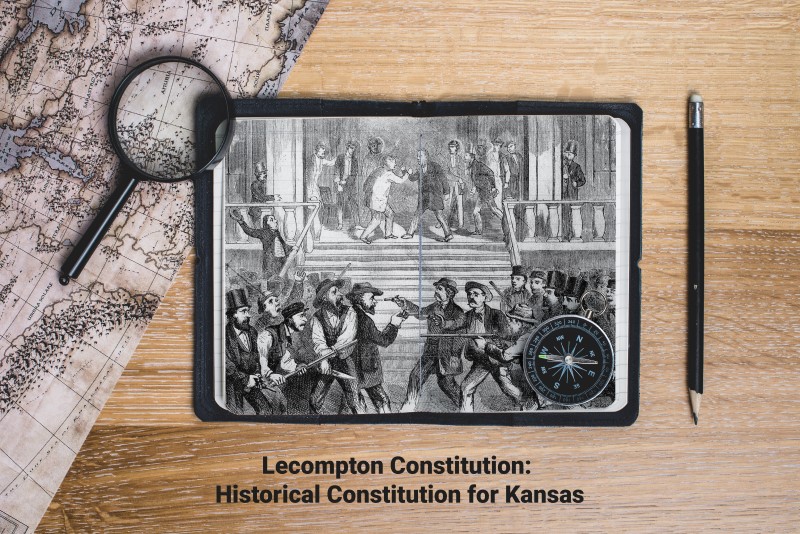Winter’s a lovely time of year! Lights everywhere, Christmas songs sneaking into every corner, people rushing around with bags they probably didn’t need.
But honestly, it’s also the season when accidents seem to pop up out of nowhere. Temperatures drop, the ground gets slippery, and places that were perfectly safe in September suddenly feel like obstacle courses.
And the personal injury claims start to increase!
Between icy footpaths, frantic shopping trips, and the mad rush at workplaces, the colder months tend to come with a noticeable rise in personal injury claims.
If you end up hurt during this busy period, knowing your rights (and having someone who actually knows what they’re doing on your side) can make the claims process way less stressful.
A good personal injury solicitor can take a messy situation and help you get through it with a clearer head and better odds of fair compensation.
Below, I’ve broken down the most common winter injury claims, why they happen so often, and how a solicitor basically becomes your safety net during the whole process.
Common Personal Injury Claims In Winter
Common personal injury claims during the winter often stem from slips and falls on snow and ice, as well as motor accidents, along with injuries related to winter sports.
1. Slip, Trip, And Fall Accidents
Slips and falls top the list every winter, no surprise there. Wet tiles, frozen footpaths, untreated car parks, those shiny shop entrances that look harmless until you actually step on them, they’re all culprits.
A few common causes include:
- Ice or snow that nobody bothered to clear
- Supermarket floors are left wet after a spill.
- Outdoor areas with poor lighting once the evenings get dark
- Pavements that are damaged or uneven
These kinds of accidents can lead to anything from sprains and fractures to long-term back trouble. If a property owner or local authority didn’t take reasonable steps to keep the place safe, there’s usually a solid basis for making a claim.
2. Road Traffic Accidents
Driving in winter isn’t exactly a peaceful experience. Dark mornings, rain that suddenly turns into sleet, the odd patch of ice, plus the Christmas rush… all of it adds up to more road accidents than usual.
Winter road collisions often happen because of:
- Drivers are not slowing down in bad weather
- Rear-end bumps caused by icy braking conditions.
- Pedestrians are harder to spot in low light
- Delivery drivers are rushing to hit holiday deadlines.
Whether you were driving, walking, cycling, or just sitting in the passenger seat, minding your own business, you could have a valid claim if another person was negligent.
3. Accidents In Retail Stores
Shops turn into mini battlefields in the run-up to Christmas. More crowds, more stock, and more chaos generally increase the risk of accidents.
People commonly get injured due to:
- Tripping over stock left out during restocking
- Slipping on spilled liquids
- Items falling from unstable displays
- Issues with lifts or escalators
Retailers are supposed to keep customers safe — even when it’s hectic — so accidents caused by poor maintenance or carelessness may lead to compensation.
4. Workplace Accidents During The Festive Rush
Plenty of workplaces go into overdrive during winter. Warehouses, delivery hubs, restaurants, bars — you name it. And with the increased pressure, accidents tend to creep in.
Examples include:
- Back injuries from lifting heavy items quickly
- Slips on wet or icy outdoor areas
- Strain injuries from long shifts
- Mistakes caused by temporary staff who weren’t trained properly
Employers must provide safe working conditions by law. If they don’t, and you’re injured as a result, you may have a claim.
5. Christmas Event And Social Gathering Injuries
From Christmas markets to office parties, December is full of events… and a few too many hazards.
Winter event-related injuries often come from:
- Badly maintained venues
- Dodgy lighting or faulty wiring
- Temporary structures that aren’t secure
- Overcrowded spaces
- Food or drink spills that nobody cleaned up
Event organisers are responsible for safety. If they drop the ball, they can be held liable.
Why Winter Injuries Increase
There are a few reasons winter feels like the “accident season”:
- Ice, snow, and rain make walking surfaces unpredictable
- Shorter daylight hours make hazards harder to see
- Road traffic and public places get much busier.
- Workplaces cut corners when things get hectic.
- People are distracted or rushing around.
Understanding these risk factors helps show why claims spike at this time — and why those in charge of public spaces or workplaces need to be extra cautious.
Making Personal Injury Claims In Winter After An Accident
If you’re hurt, timing matters a lot. Winter hazards disappear quickly — ice melts, displays get moved, spills dry up — so getting evidence early is important.
A few steps to take:
- Get medical treatment straight away
- Report the accident to whoever’s responsible (business, employer, local authority, etc.)
- Take photos or videos of the scene
- Gather witness names
- Keep receipts and records of any expenses
- Contact a personal injury solicitor as soon as you can
You usually don’t claim directly against a person. The process goes through the Personal Injuries Resolution Board (PIRB), and a solicitor helps you apply properly.
How A Solicitor Helps You Get The Compensation You Deserve
Handling a claim alone while dealing with pain, stress, or bills is… not fun. A solicitor makes the process much smoother and gives you a better chance at a fair result.
1. Assessing Your Case And Gathering Evidence
A solicitor figures out whether you have a strong claim and helps collect the right evidence — the kind that PIRB and insurers actually rely on.
This may include:
- Medical records
- Photos or videos of the accident scene
- Witness statements
- CCTV footage requests
- Expert assessments
Solid evidence = stronger claim.
2. Calculating The Full Value Of Your Claim
Most people underestimate what they’re entitled to. A solicitor makes sure nothing important gets left out, including:
- Pain and suffering
- Lost wages
- Medical expenses
- Physio and rehab
- Travel costs
- Future treatment
- Damaged personal items
Winter injuries can take longer to heal, so proper compensation is important.
3. Handling Pirb Applications And Appeals
The PIRB process involves deadlines, forms, and documents — missing any of them can delay your case. A solicitor manages everything for you and advises whether to accept or challenge a PIRB award if it feels too low.
4. Negotiating With Insurers
Insurers aren’t exactly known for generosity. A solicitor negotiates firmly to prevent you from being pushed into a low settlement.
5. Representing You In Court (If Necessary)
Most claims settle long before court, but if things do go that far, your solicitor guides you through each step and represents you.
















